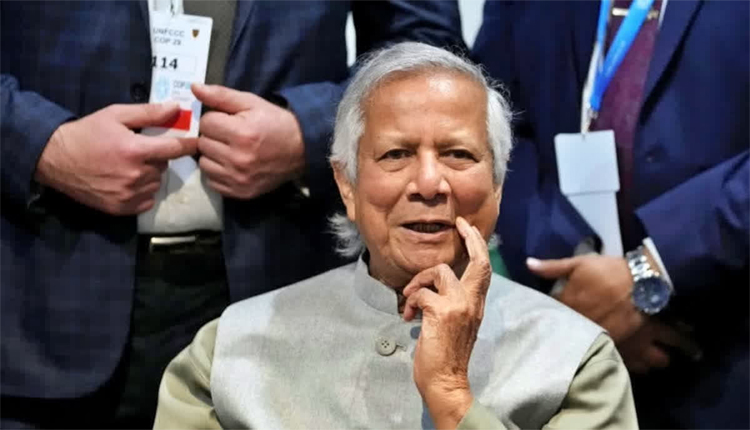New Delhi: On April 22, 2025, the terrorist attack in Pahalgam, Jammu and Kashmir, led to 26 deaths, which created strong diplomatic and strategic pressure on Pakistan, resulting in military response concerns for India. The volatile situation in South Asia grew more difficult because of a controversial statement by a retired Bangladeshi major general.
Retired Major General’s Inflammatory Post
Major General A.L.M. Fazlur Rahman of the retired Bangladesh Army and ex-Head of Border Guard Bangladesh caused widespread criticism through his Facebook posting. Rahman proposed that in response to an Indian attack on Pakistan, Bangladesh should occupy the seven northeastern states of India. The major general recommended that Bangladesh explore forms of military collaboration with China for the purpose of this objective. The remarks reach India-Bangladesh relations at a specific time slot that includes an unstable period since Prime Minister Sheikh Hasina’s August 2024 political dismissal in favor of Mohammad Yunus to lead an interim government.
Bangladesh Government’s Response
Through his official statements, the acting Prime Minister of Bangladesh, Mohammad Yunus, emphasized that India and Bangladesh should prioritize excellent bilateral relations since they benefit each nation. During their talks, Prime Minister Narendra Modi of India received information on stabilizing Bangladesh’s diplomatic relations from Mohammad Yunus. The statement from Rahman created problems because he gave it in his individual capacity instead of representing the government. Shafiqul Alam, as Press Secretary, released an immediate statement to separate the administration from Rahman’s comments by emphasizing that the government does not support his position nor does it violate the nation’s sovereignty. The public must avoid linking Rahman’s personal remarks with official Bangladesh foreign policy, according to Alam’s statement.
India’s Strong Reaction
Rahman’s political statements have generated severe Indian reactions because they create obstacles for diplomatic relations and endanger both South Asian regional stability and peace. The official Indian government demanded clarity from Bangladesh about this statement because it raises the risk of sparking conflicts in the region. India shows extreme concern because Rahman’s support for Chinese military cooperation causes growing tensions among India, Pakistan, and China. India demonstrates its dedication to protecting both its national borders and regional peace in this region.
Context of Rising Regional Tensions
India intensified its opposition to Pakistan after The Resistance Front carried out the Pahalgam attack, which members link to Pakistan-based Lashkar-e-Taiba. India increased its hostility by cancelling Pakistani visa programs while expelling its diplomats and blocking Indus Water Treaty relations along with border gate operations at Attari-Wagah. The Pakistani government has engaged in security enhancement of terror figures, including Hafiz Saeed, while naming ISI chief Lieutenant General Asim Malik as National Security Advisor to centralize military decision-making power. Though contrary to Bangladesh’s formal position, Rahman’s comment widens the regional complexities while endangering the fragile security situation in the region.
Rahman’s Background and Influence
During his time as BDR chief, A.L.M. Fazlur Rahman implemented a tough border policy that led to the successful defense of Padua against the alleged Indian Border Security Force operation in 2001. Rahman currently leads the National Independent Investigation Commission, which performs another review of the 2009 BDR mutiny. His anti-Indian remarks from previous statements and writings have normally provoked controversy, yet his new statement has gained unparalleled attention because of its proximity to sensitive events and its aggressive tone.
A Delicate Moment for South Asia
Pakistan stands under threat of Indian response to the Pahalgam attack while India decides on its counteraction following the security incident. Rahman’s aggressive India policy exposes South Asia to intensifying instability. The interim government of Bangladesh rejected Rahman’s declaration, highlighting the challenge of managing volatile political rhetoric in a tense region. The increased demand from India, coupled with national preparedness, emphasizes the importance of diplomatic restraint to stop a diplomatic crisis from worsening.



Comments are closed.